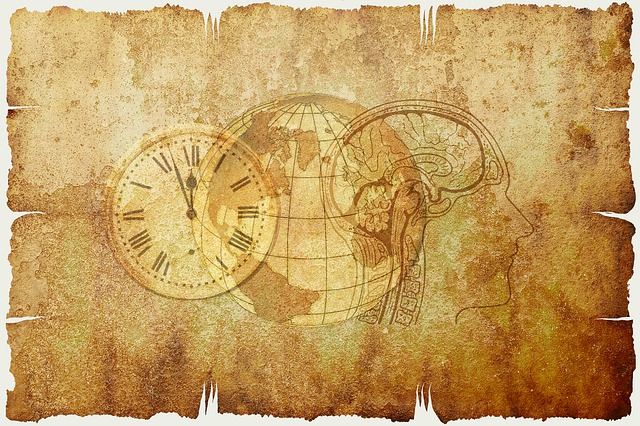 Those who are hard-core deniers of the concept that our universe and everything in it are the result of God’s creation cling to the belief that evolution of life forms over eons of time, resulted in the human form. True, it’s hard to ignore the evidence of variations of the human form thousands of years ago, but that evidence doesn’t override the question of the origins of humanity.
Those who are hard-core deniers of the concept that our universe and everything in it are the result of God’s creation cling to the belief that evolution of life forms over eons of time, resulted in the human form. True, it’s hard to ignore the evidence of variations of the human form thousands of years ago, but that evidence doesn’t override the question of the origins of humanity.
The question still remains. Are we the result of intelligent design, or just the lucky combination of eons of nature’s trial and error?
Right up front, the problem is that the hard-core evolutionists fail to consider that the evolutionary process might, in fact, be God’s intentional process. It might simply be the tool He chooses to use.
While we are considering God’s tools, we need to consider the complexity of one of the most important tools in the collection – DNA.
At this point in time, most of us are aware of DNA, if for no other reason than the scientific community has revealed the incredible number of variations that DNA can produce. Like fingerprints, it seems that no two people have the same mix (with the possible exception of identical twins).
But DNA is much more than a handy identifier. It is a complex blueprint for a living being. It is like a self-replicating instruction manual or recipe, with thousands of options. And, a copy of that instruction manual is contained in every cell. That, in itself, is evidence of complex planning. When we consider that each cell contains instructions for every aspect of the human body, regardless of the location and function of that cell, it becomes impossible to explain the how and why that would happen.
Our scientific community likes to explain the variety of human variations by citing the odds as some number, followed by lots of zeros. What they fail to acknowledge, is that every zero takes it farther and farther away from the probability that life is the result of that lucky combination of nature’s trial and error.
Every added zero increases the odds in favor of the probability that the vast mix of human life on earth is the result of intelligent design.









